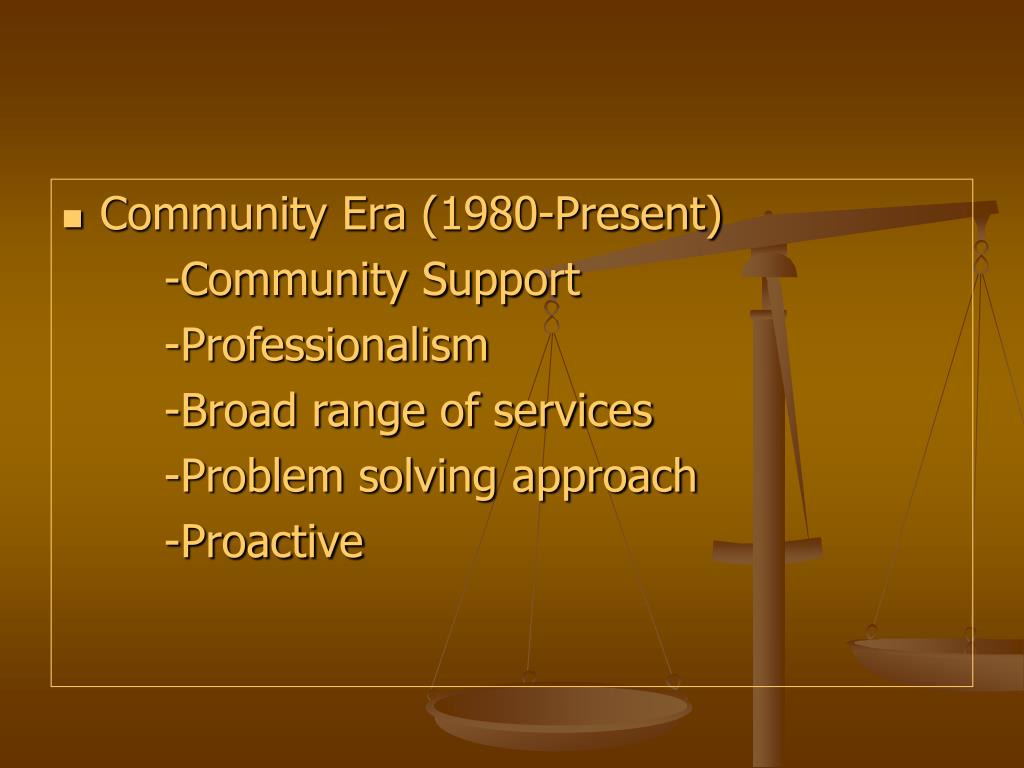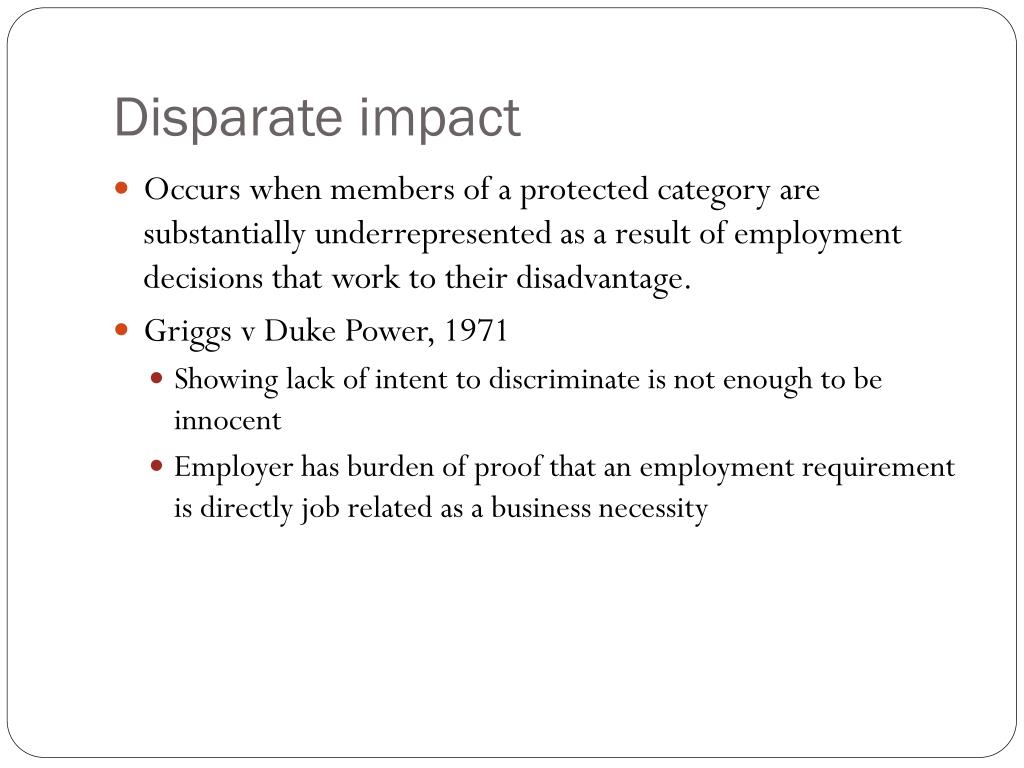

According to the Court,the City’s tests did not distinguish between qualified or unqualified candidates, or even between those candidates who were more - or less - qualified.

The Court found no evidence that the questions on the tests successfully measured the skills required for the firefighter job. That lawsuit challenged the written tests used by the City to screen and select entry-level firefighters.

That is what the Court recognized in the Justice Department’s lawsuit filed in 2007 against a City. If appropriate analysis finds the test to be a poor assessment of an applicant’s ability to do the job, it is in everyone’s interest to find a better measure. Particularly when it comes to staffing our nation’s police and fire departments, we all want the most qualified people patrolling our streets and protecting our communities.Īlthough using written tests to screen applicants for these important positions may present the appearance of objective, merit-based selection, written tests often do not actually identify applicants who will be successful at performing these jobs. After all, we wouldn’t choose members of a baseball team by testing their knowledge of baseball history and statistics. Employers sell themselves short when they exclude potential employees based on arbitrary criteria that do not accurately measure the skills necessary to succeed in the job. In the decades since, there has been no dearth of situations in which tests have, intentionally or not, screened out people of a particular race, national origin or sex who are in fact qualified. The ruling laid the framework for the “disparate impact” theory of employment discrimination, recognizing that even if an employer does not intend to discriminate, its practices can be illegal if they have a discriminatory effect. in favor of 13 African American workers, the Supreme Court held that employers may not use tests or criteria that disproportionately screen out particular groups if the tests don’t actually measure a person’s skills for the job. Department of Justiceįorty years ago this week, in its landmark ruling in Griggs v. Perez, Assistant Attorney General for the Civil Rights Division at the U.S. The following post appears courtesy of Thomas E.


 0 kommentar(er)
0 kommentar(er)
